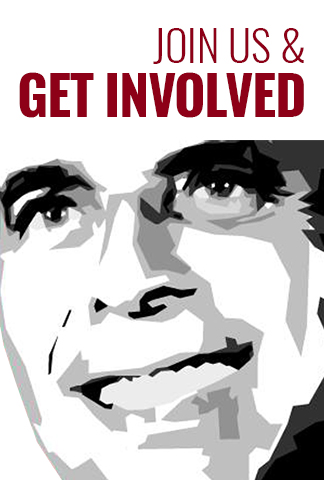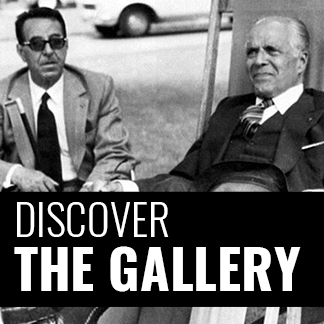
WORDS THAT MARKED HISTORY
If, in Tunisia, we had not refused internal autonomy as a compromise in 1954, the country would have remained under the French regime to this day, under domination.
All my life, I had faith in the supremacy of the mind over matter.
Although the mind tends to follow a straight line, however, when the leader sees that his line does not lead to the goal, he must take a turn for the better.
It does not matter if the path to the goal is straightforward. The commander of the battle must ensure the best path leading to the goal. Sometimes the struggle imposes contours and detours.
Language is a remarkable link of kinship that widely surpasses ideology. The French language is a complement to our cultural heritage, it enriches our thinking, expresses our actions, helps to shape our intellectual destiny, thus making us fully human.
From a dust of individuals, a magma of tribes, of sub-tribes, all bowed under the yoke of resignation and fatalism, I made a people of citizens.” (ILO, June 1973, Geneva)
In Tunisia, we tend to think that our action is not confined within the limits of our borders, Tunisia, which fought against colonialism, is aware of the role it must play in the liberation of every inch of the Arab nation that remains under a foreign influence.
Theatre is the witness of the birth of national consciousness.
What is lucrative in developing countries is visible to the naked eye.
Each step, each search for a new strategic position by the Tunisian people, France has ceded part of its privileges.
I am realistic. To be realistic is to prefer a modest reform which allows another, rather than an impossible miracle.
The veil will ultimately disappear by itself, just like the Arab costume, which we insensibly replaced with the European suit, which has since, entered our customs, right after being assimilated by it. The day the Tunisian woman will come out freely without the veil, when she will not feel this strange impression that resembles a cry of revolt of her unconscious activism, that day, the veil will disappear by itself safely, because the symbol it represents will be gone.” (January 11, 1929, L’étendard)
As long as we did not hold the reins of power, the best political strategy we should adopt is to oppose to the French a united front for their projects of assimilation.
However, in our hearts, we were convinced that the veil and the “sefseri” are meaningless and of no importance, we have ignored all their inconveniences and their incompatibility with our times; because our ultimate goal was to preserve the Tunisian identity. We therefore preferred to preserve the specificities of this identity to the “francization” whose consequences are far more dramatic. (December 15, 1961 – Tunis)



